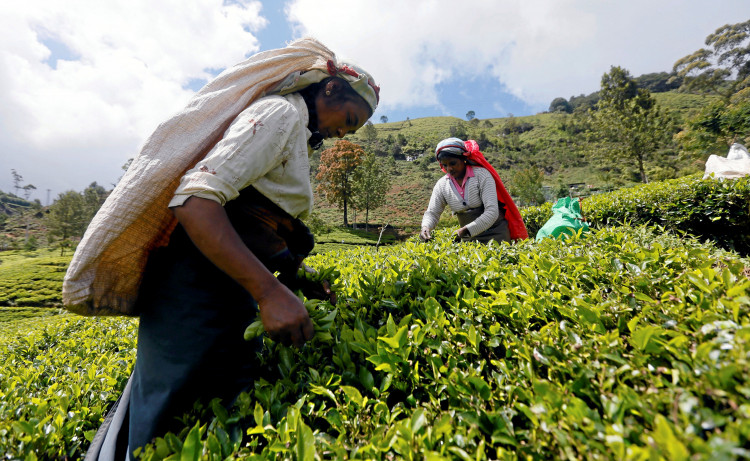When coffee rust, a fungal disease, struck the coffee farm of Sri Lanka, the British planters changed their crop and planted tea instead. Now the country is known as an exporter of the evergreen shrub, and it is its most valuable export. But in spite of being a major cash crop, it seems like the tea pickers do not even benefit from it.
Sri Lanka holds the best train journey in the world. However, according to the South China Morning Post, British built the Highland railway system to transport tea and coffee to Colombo and not to help improve people's lives. Trippers should secure their seats from Colombo to Kandy one week before their trip as the seats are usually limited, and the compartments are often full, if not overloaded.
Tamil tea pickers only earn 500 Sri Lankan rupees or about HK$23 a day for 10 hours of "back-breaking work." The poor workers endure working whether it rains or shines. They are also risking their lives as they can step on snakes or being preyed upon by leopards. If truth be told, there were already five tea pickers attacked earlier this year.
Aside from the risks tea pickers are taking, they also often receive discrimination. They are also denied of proper housing and having land rights in Sri Lanka, especially the illiterate workforce. The laborers only stayed in "barracks-style" huts for generations now.
Unlike the tourists, who can pay US$25 to experience tea picking and stop when they feel like it, visiting Sri Lanka, tea pickers do not have the right to quit even if they are dead tired. They have to reach their daily target of 18kg harvest before they can get meager of their salary. Add to that the frequent landslides because of the monsoons and abused to the forests, then the dangers they are facing to make ends meet grow as time goes by.
Meanwhile, the Asian Development Bank (ADB) will give a worth of US$100 million in loans to Sri Lanka in a move to modernize its tea industry through its 2019 ending program. According to the lender's country business plan, the money will be used to give "long-term" funds to innovate the country's tea sector, per Economy Next.
Sri Lanka government reportedly requested ADB to help its tea industry as there is a dire need to replace its old tea bushes. The new ones would aid the country to harvest better crops and increase its production to meet the high demand. It also needed to modernize its production and buy plucking machines as the labor shortage gets worst. It could also help the factories' innovation and to support the efforts to fight climate change. However, the country would be no longer qualified for ADB soft loans in 2019 because of its economy's continued growth.






